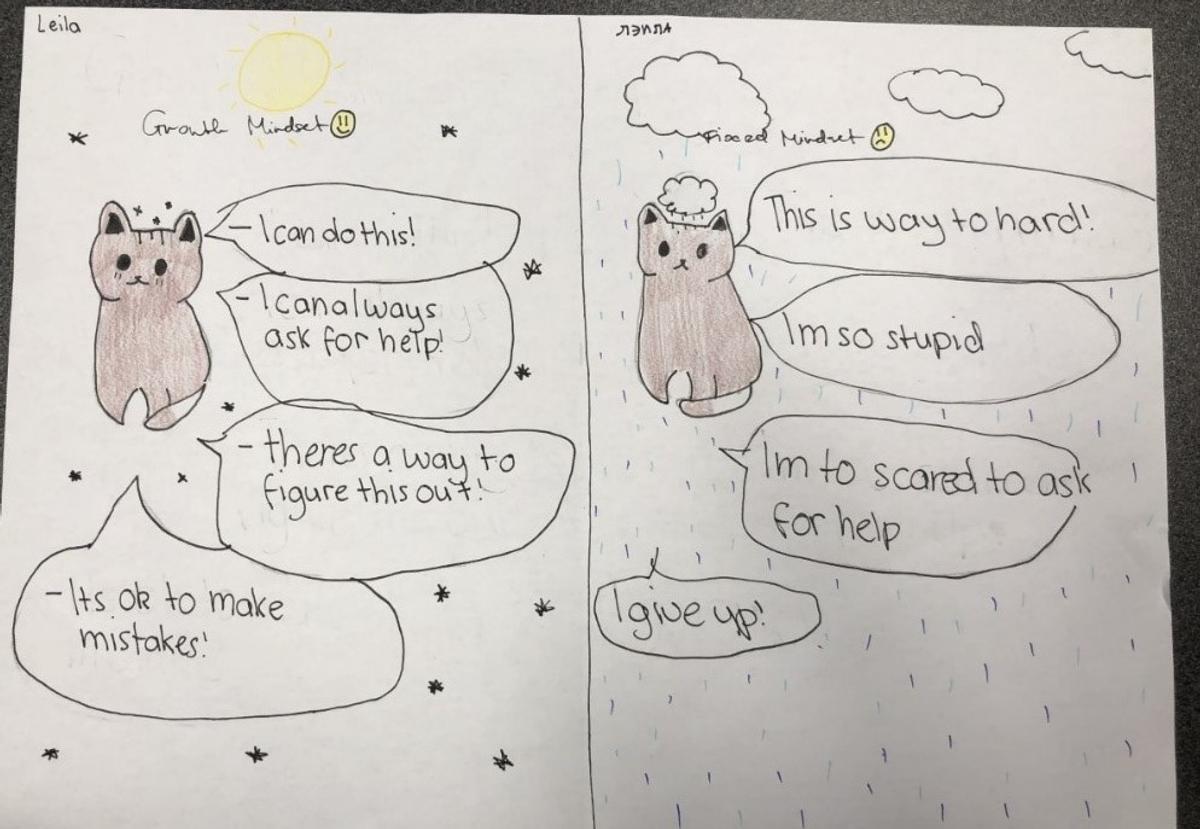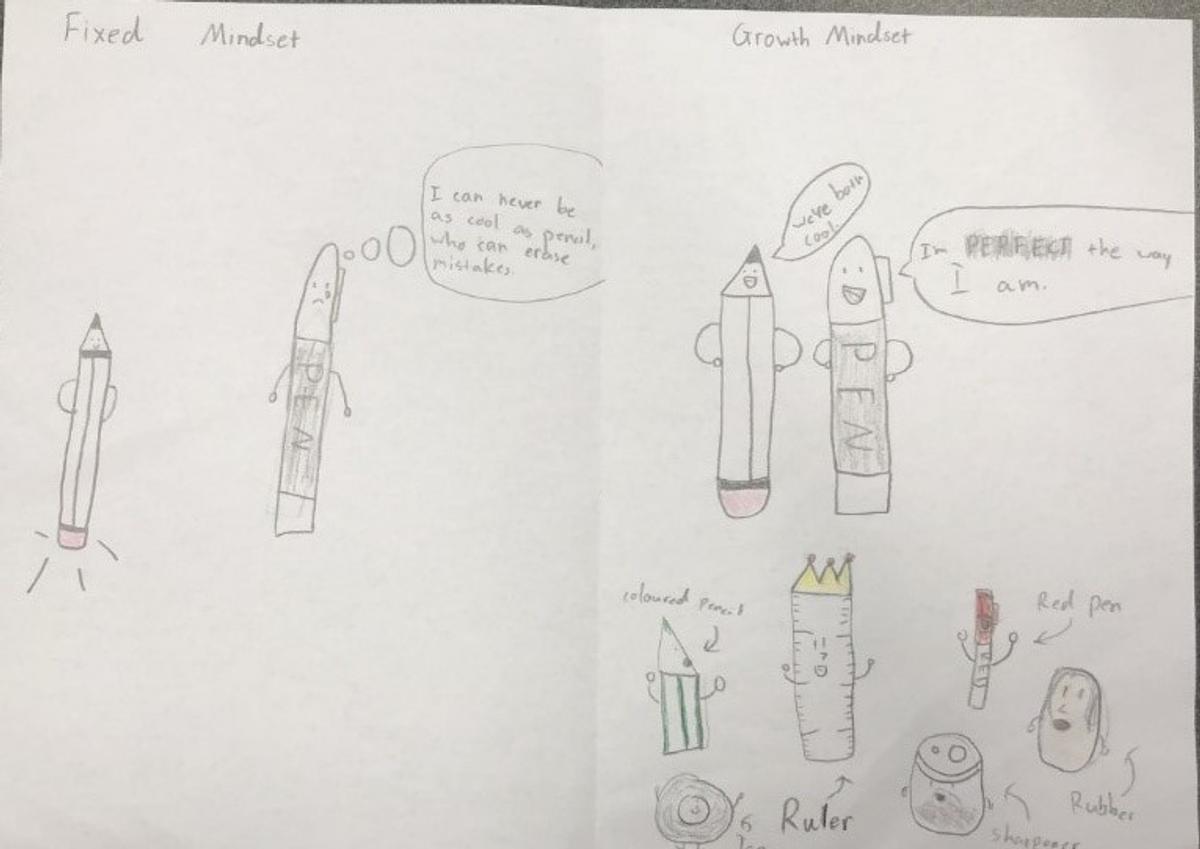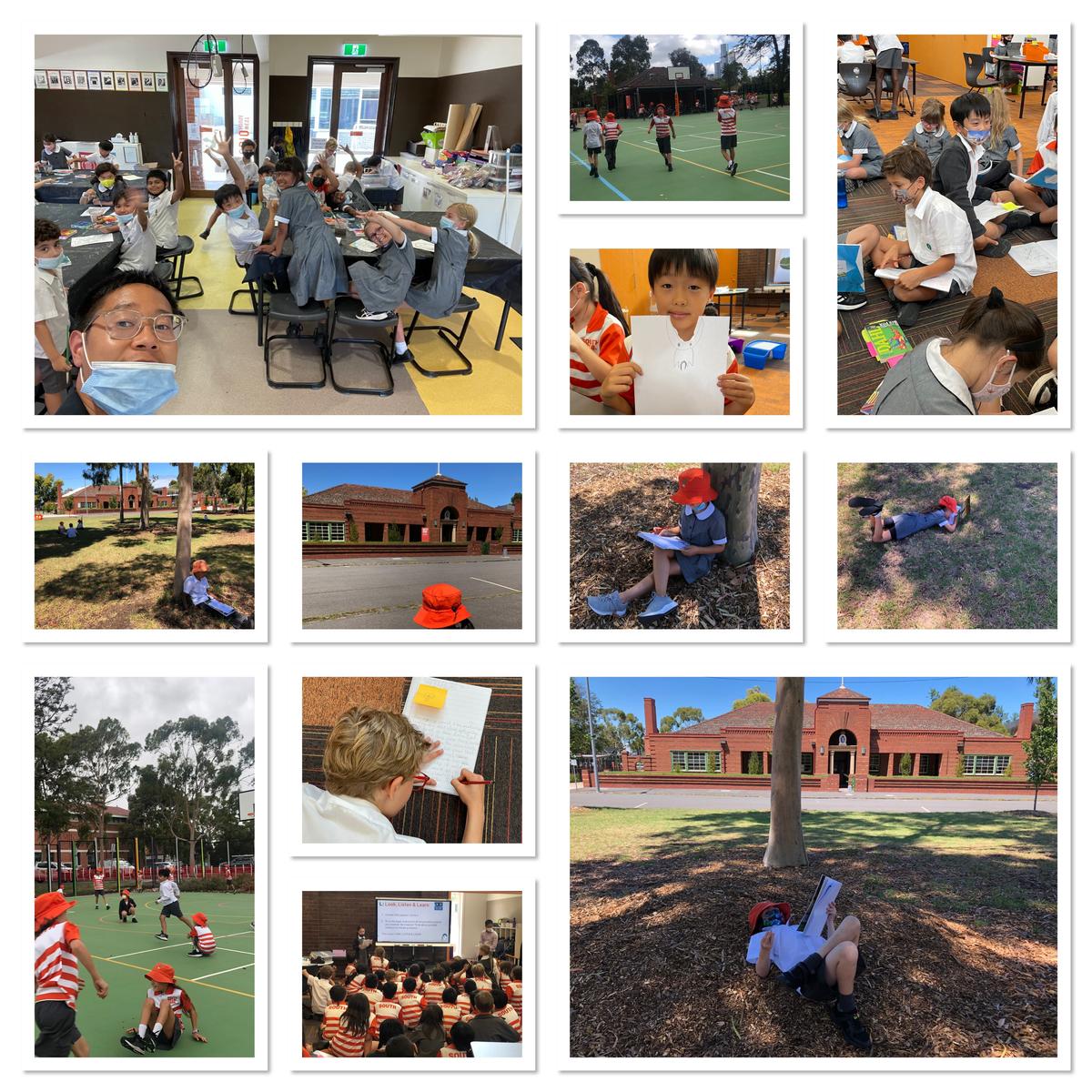Student News
BE INVOLVED, BE CONNECTED

Student News
BE INVOLVED, BE CONNECTED
From this week, each Wednesday, the entire year 1 team will be gathering to eat their snack and play some outdoor games together. This is a great opportunity for students to interact with friends from other classes and build teamwork skills. This week we gathered under the trees in the kick off area. It was lovely to see the year 1s connecting with new and old friends!
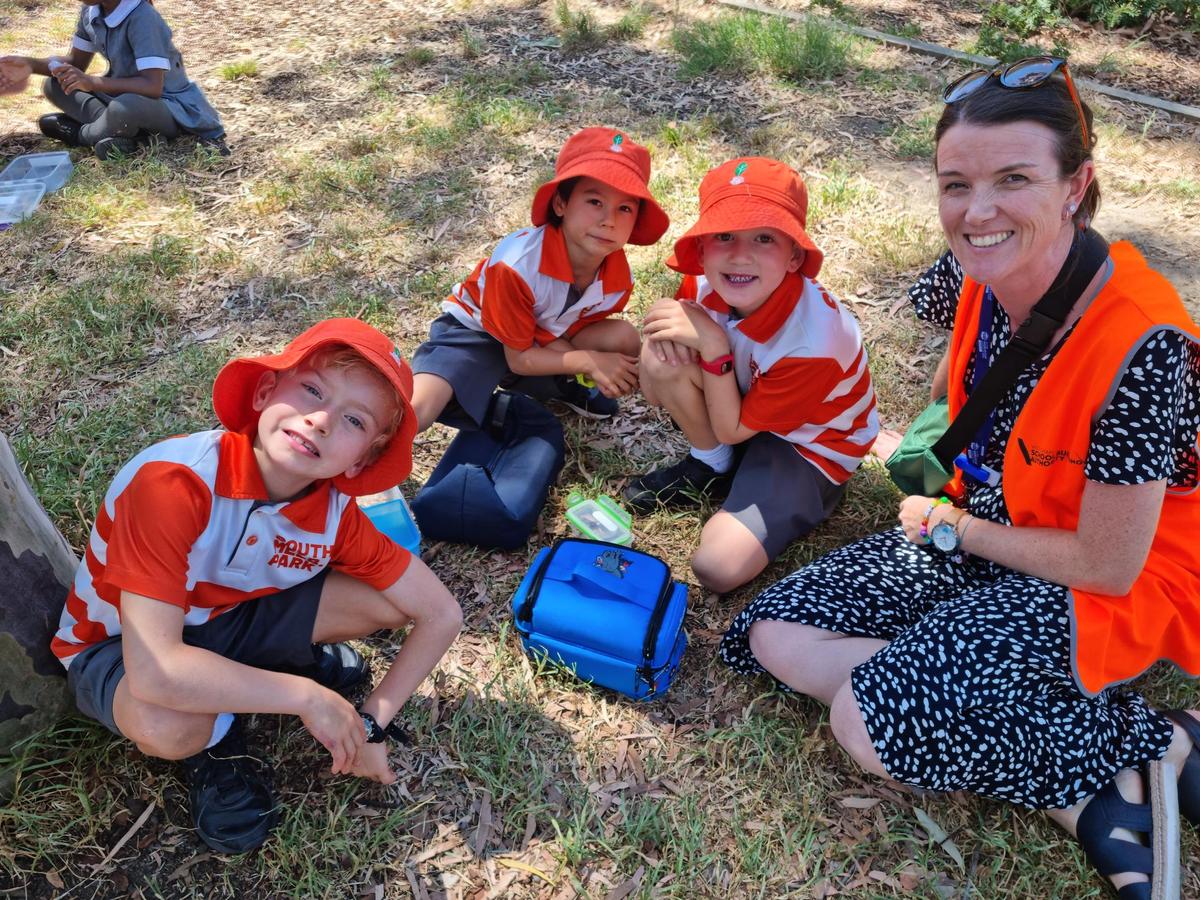
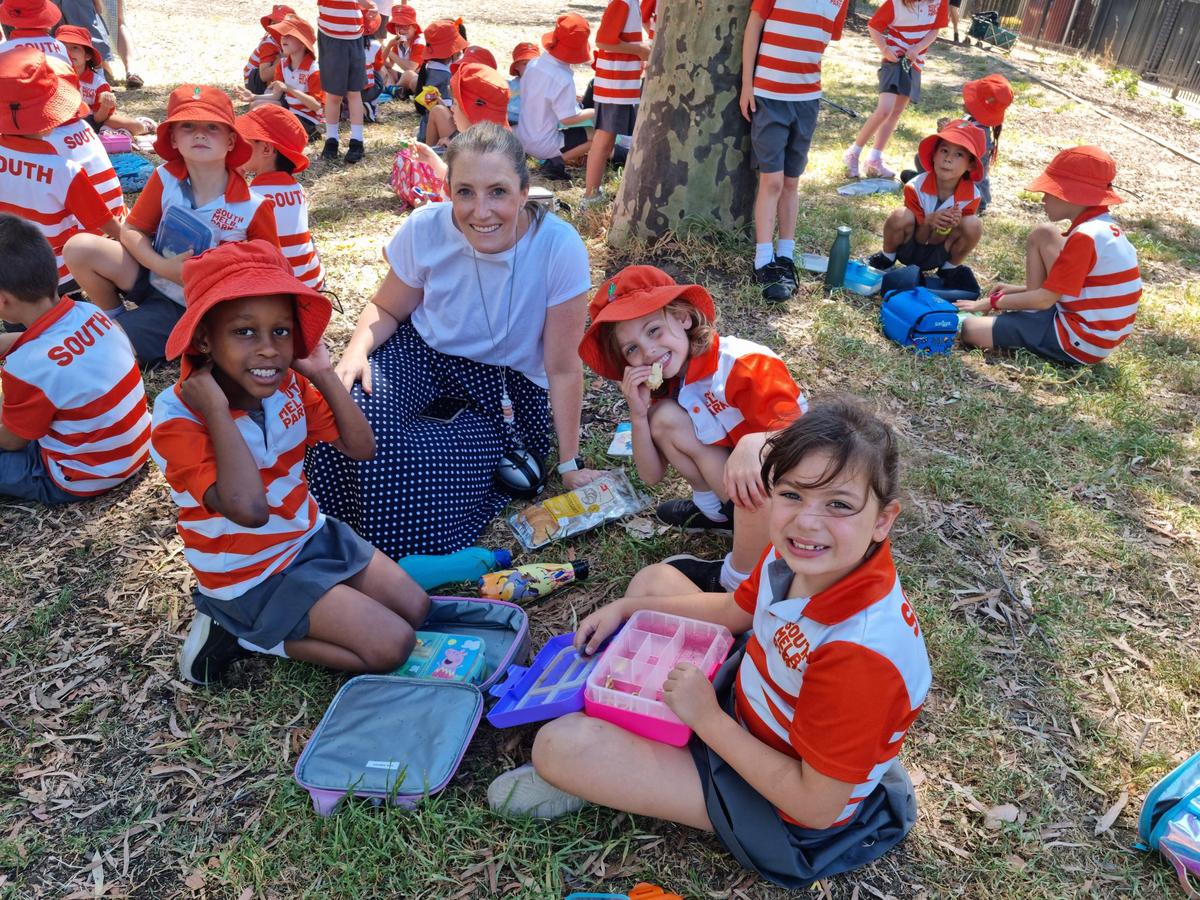


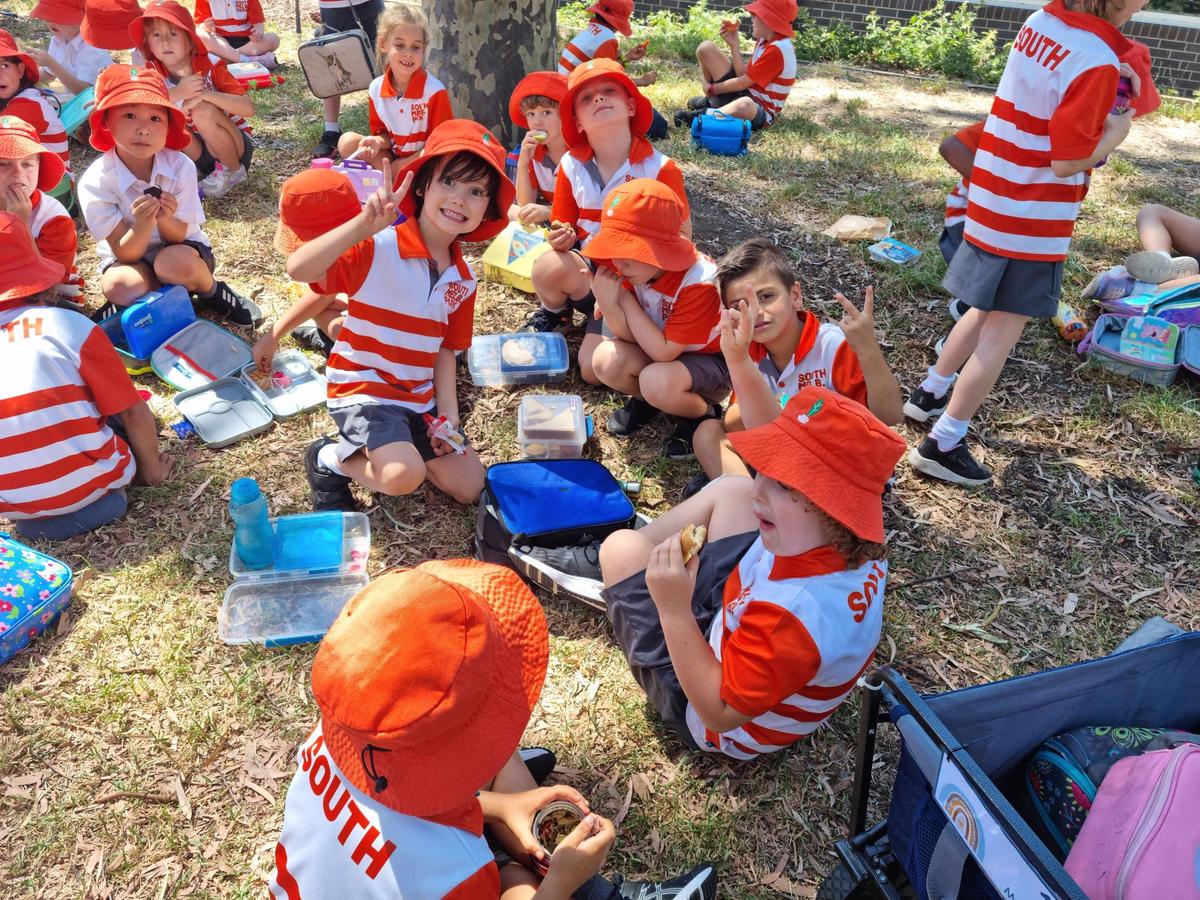
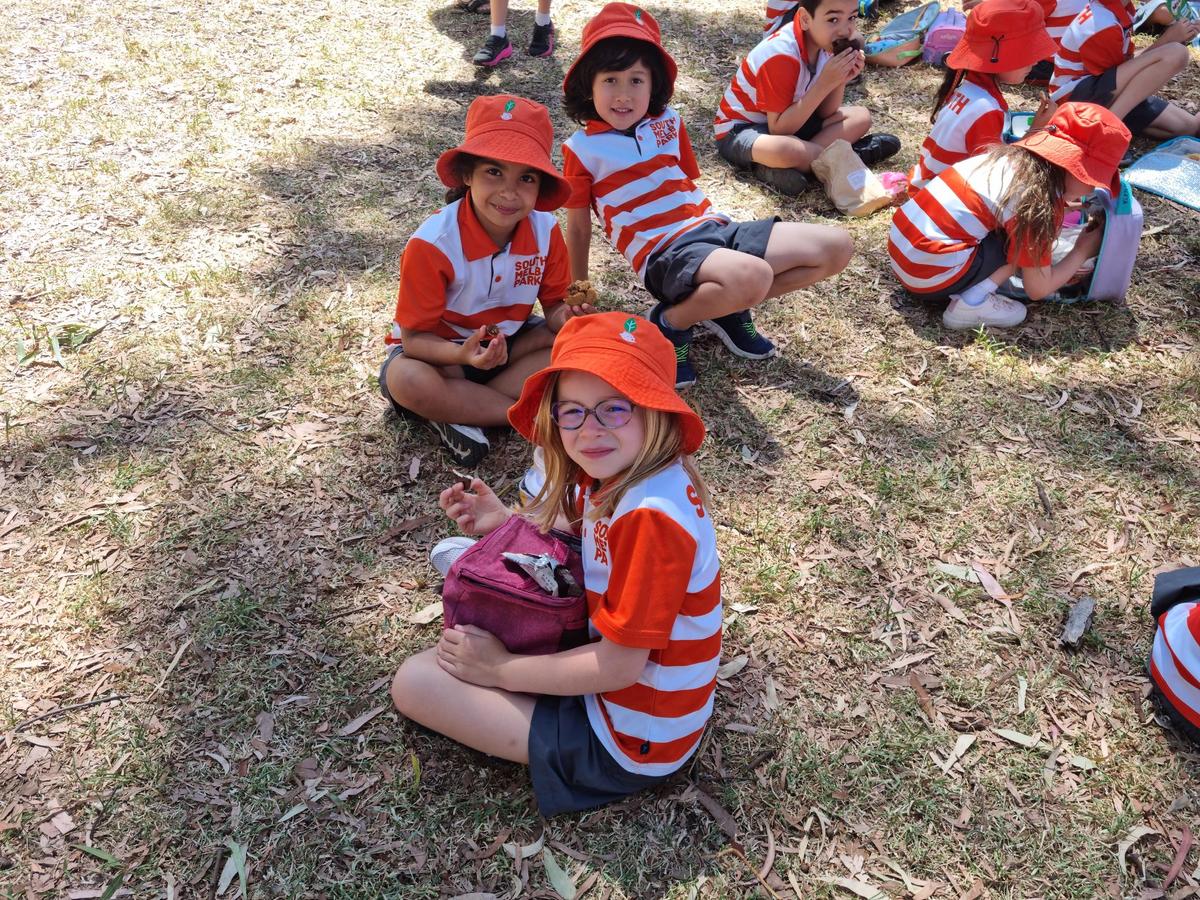


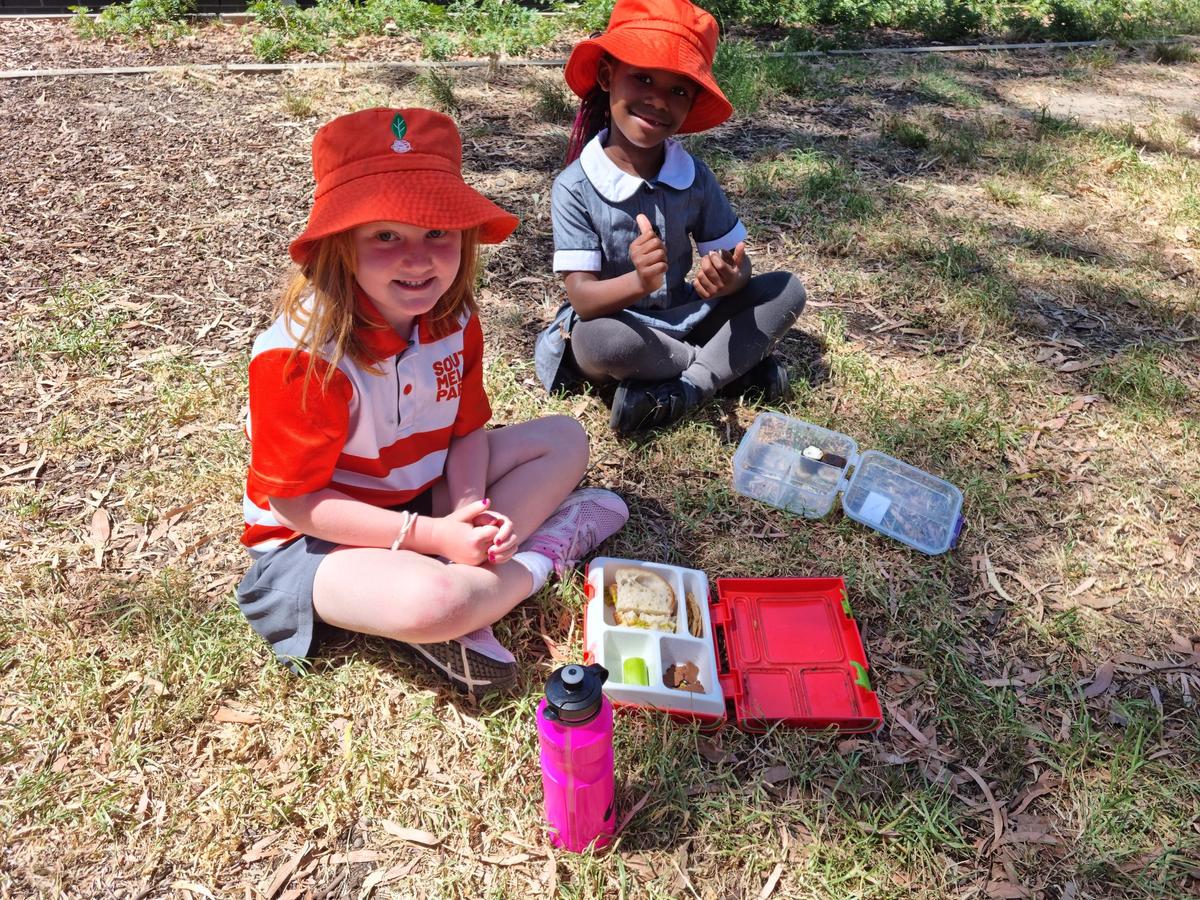
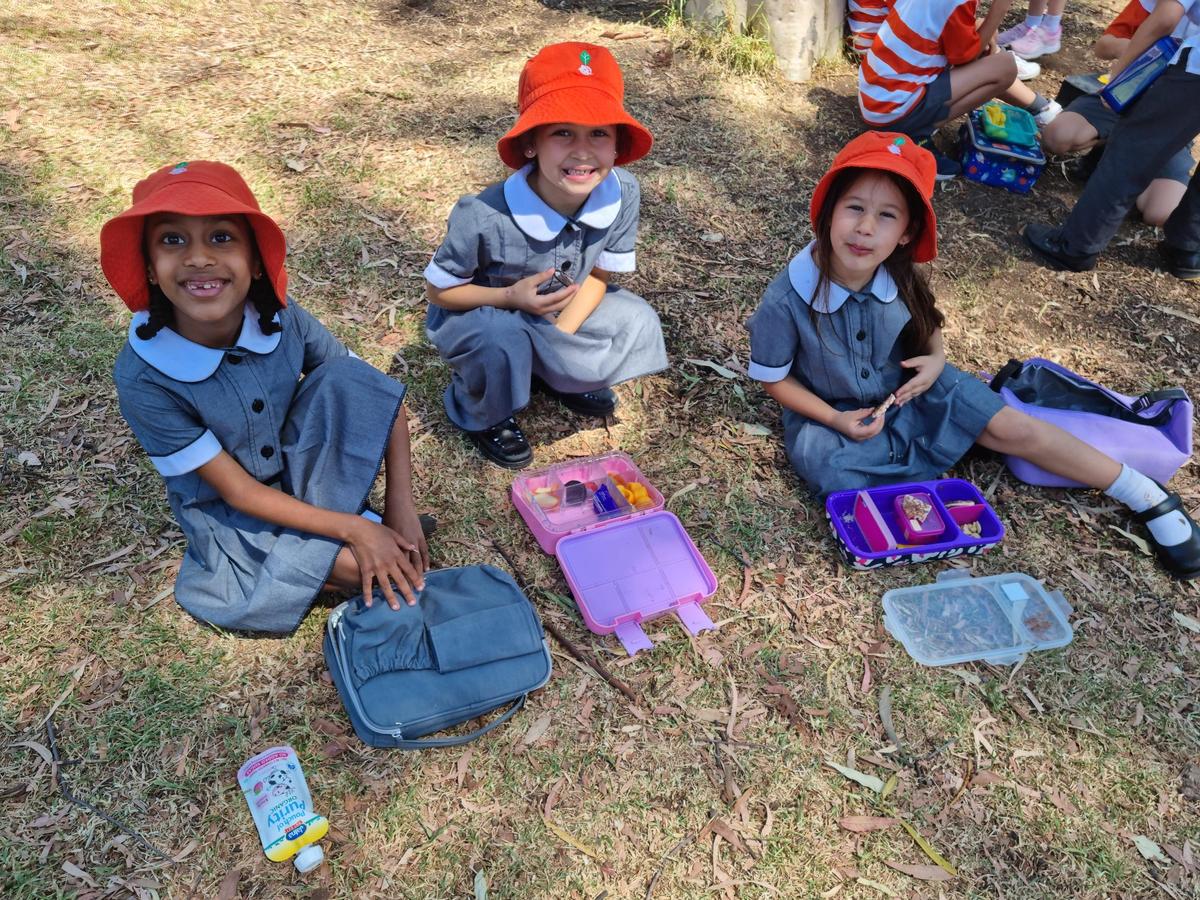


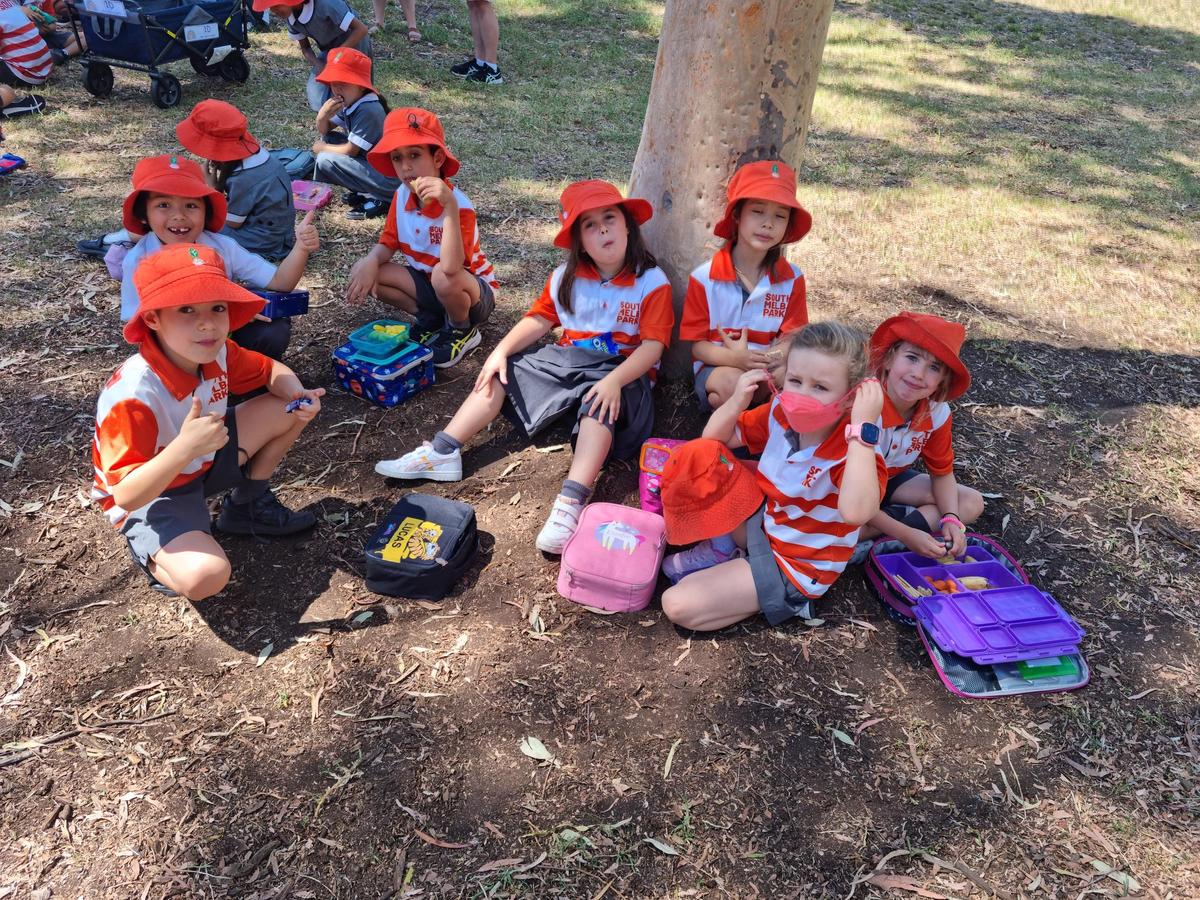

Having A Growth Mindset towards Mathematics and Reducing Mathematics Anxiety
Paul Dobney- Mathematics Learning Specialist
To begin 2022, all classes at South Melbourne Park Primary have completed a unit of work ‘Creating a Community of Mathematicians.’ In this unit students learned that mistakes help our brain learn and grow and that having a Growth Mindset helps us tackle mathematical challenges. Students have learned the power of ‘YET’ that they may not know or understand a concept…yet!
The following excerpt is from https://www.youcubed.org/resources/parents-beliefs-math-change-childrens-achievement/ discusses the importance of parent’s and teachers relationship with mathematics and the effect this can have of children’s learning.
As well as the messages that teachers give students about their potential, brain research is now showing that messages students pick up from their parents about maths and their parents’ relationships with maths can also change students’ maths learning and achievement.
In an important study researchers found that when mothers told their daughters they were not good at maths in school, their daughter’s achievement declined almost immediately (Eccles & Jacobs, 1986). In a new study neuroscientists Erin Maloney and colleagues found that parents’ maths anxiety reduced their children’s learning of math across grades 1 and 2, but only if parents helped their children on maths homework (Maloney, Ramirez, Gunderson, Levine, & Beilock, 2015) If they did not help them on homework, the parents’ maths anxiety did not detract from their children’s learning. The parents’ maths knowledge did not turn out to have any impact, only their level of maths anxiety.
Both studies, again, communicate the importance of the messages students receive, as it was not math knowledge that harmed the students’ performance but the parents’ anxiety. We do not know what parents with math anxiety say to their children but it is likely they communicate the negative messages we know to be harmful, such as “math is hard” or “I was never good at math in school.” It is critical that when parents interact with children about math they communicate positive messages, saying that maths is exciting and it is an open subject that anyone can learn with hard work, that it is not about being “smart” or not and that maths is all around us in the world.
Teachers and parents need to replace sympathetic messages such as “Don’t worry, math isn’t your thing” with positive messages such as “You can do this, I believe in you, math is an open, beautiful subject that is all about effort and hard work.”
This article contains excerpts from Jo Boaler’s book, Mathematical Mindsets: Unleashing Students’ Potential Through Creative Math, Inspiring Messages and Innovative Teaching
In 5/6A we have been learning about Growth Mindset. While learning, some students rebounded while other students seemed devastated by even the smallest setbacks. Fixed mindset and growth mindset to describe the underlying beliefs people have about learning and intelligence. When students believe they can get smarter, they understand that effort makes them stronger. Therefore, they put in extra time and effort, and that leads to higher achievement. There is how the 5/6's visually represented their thinking on Growth mindset.


